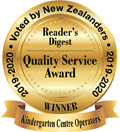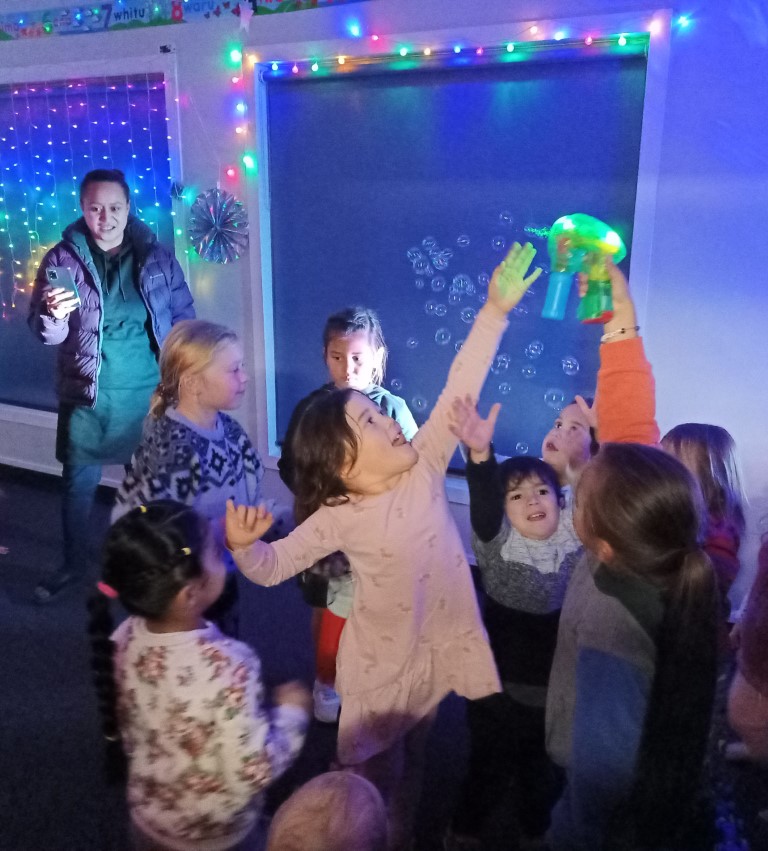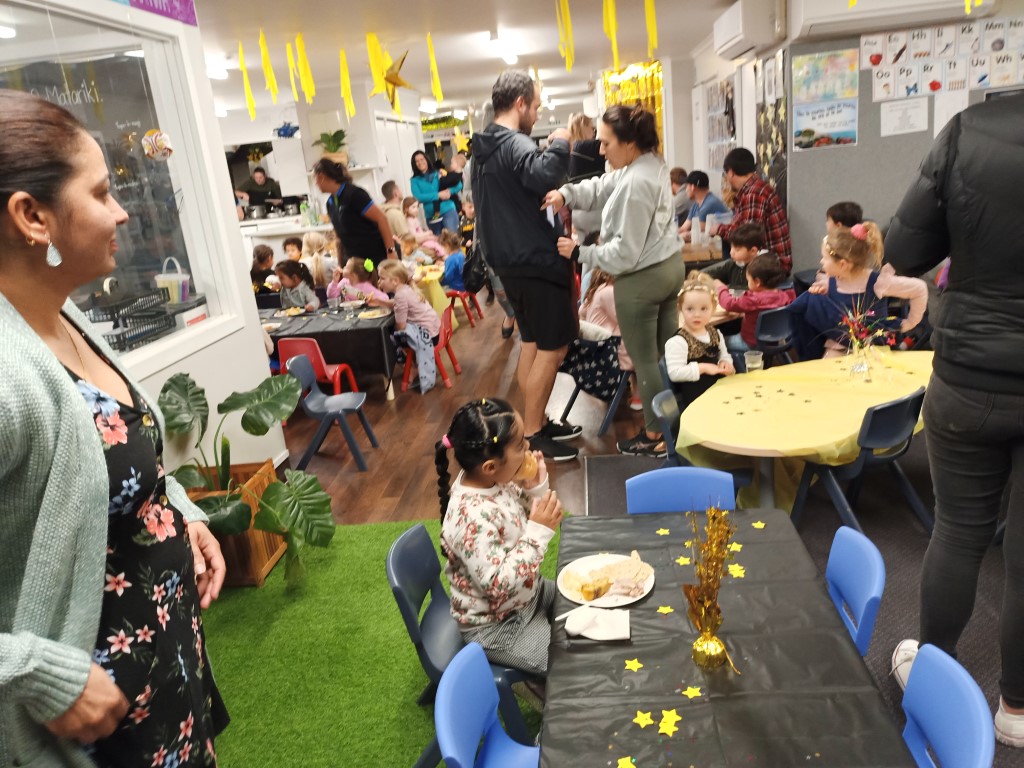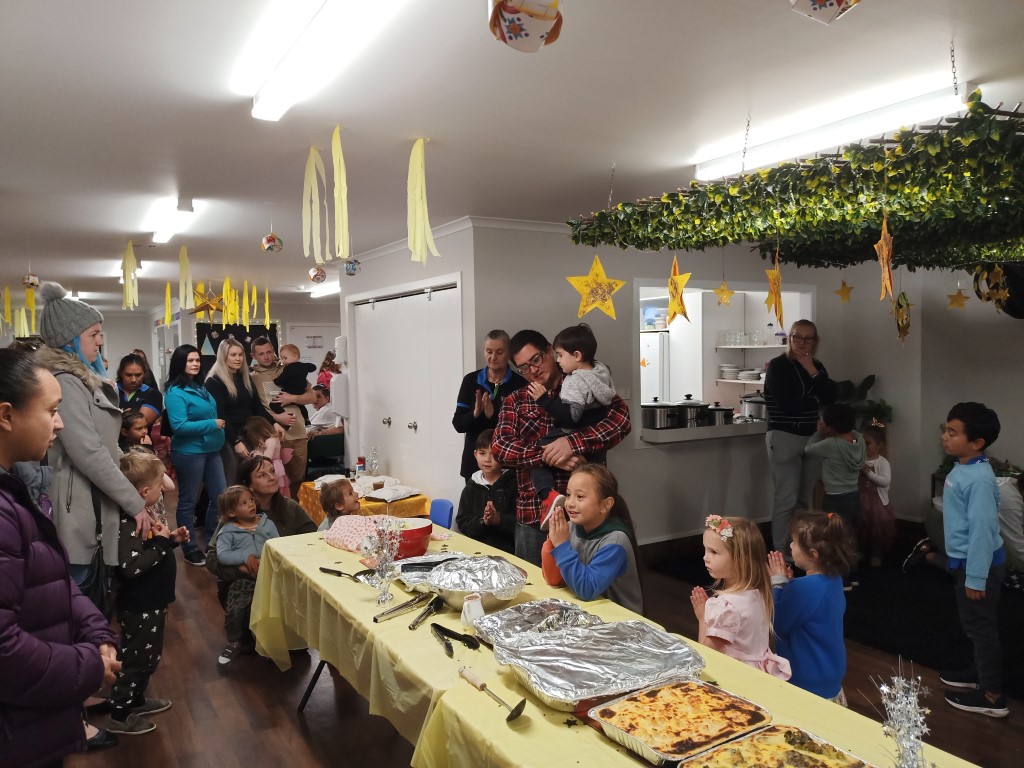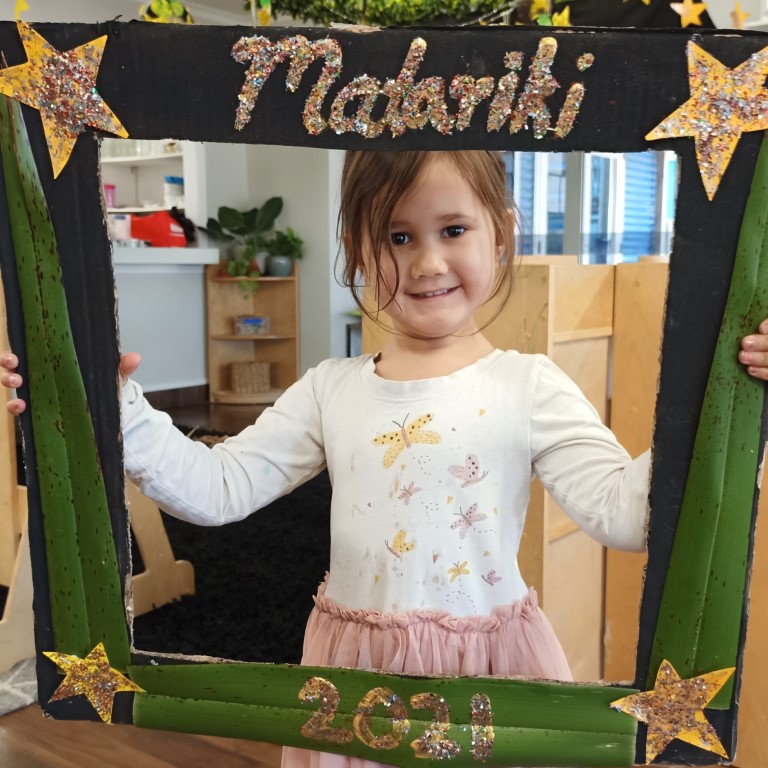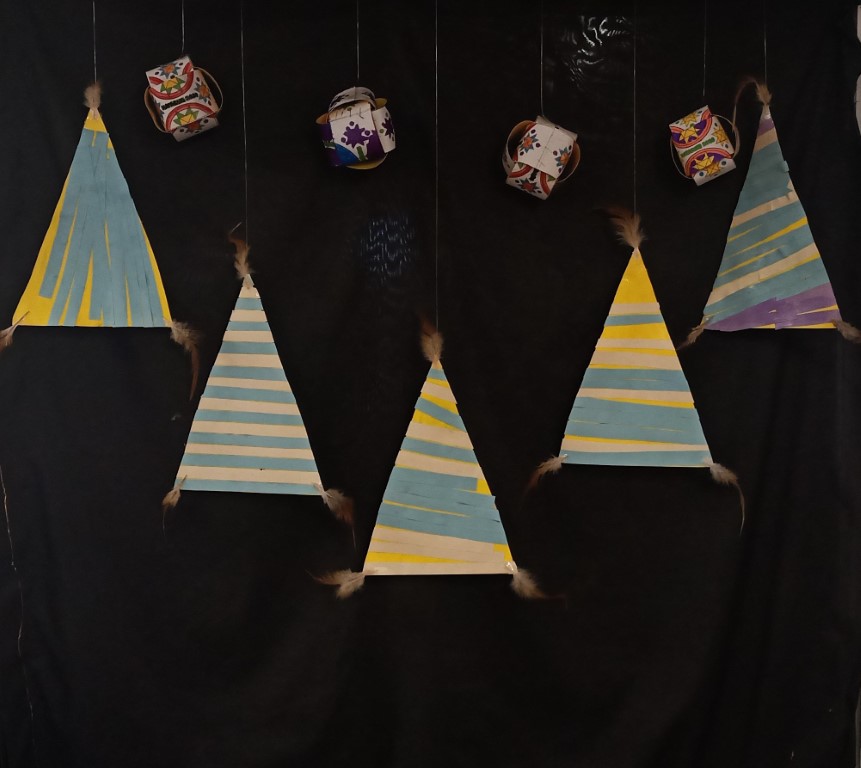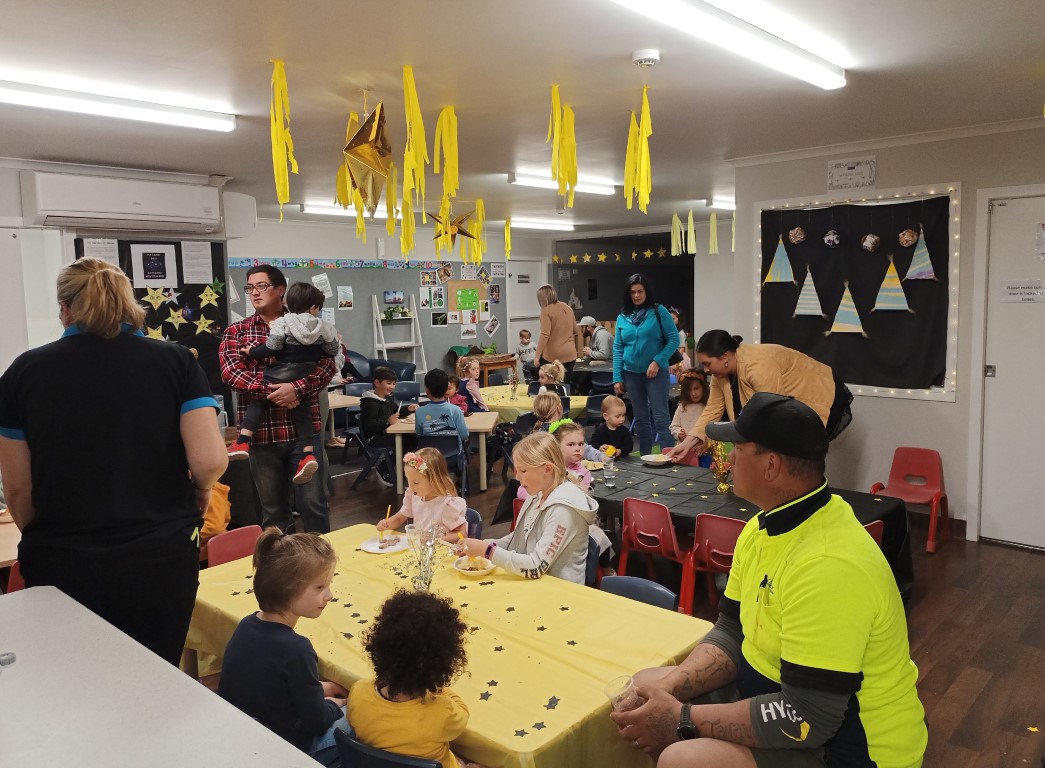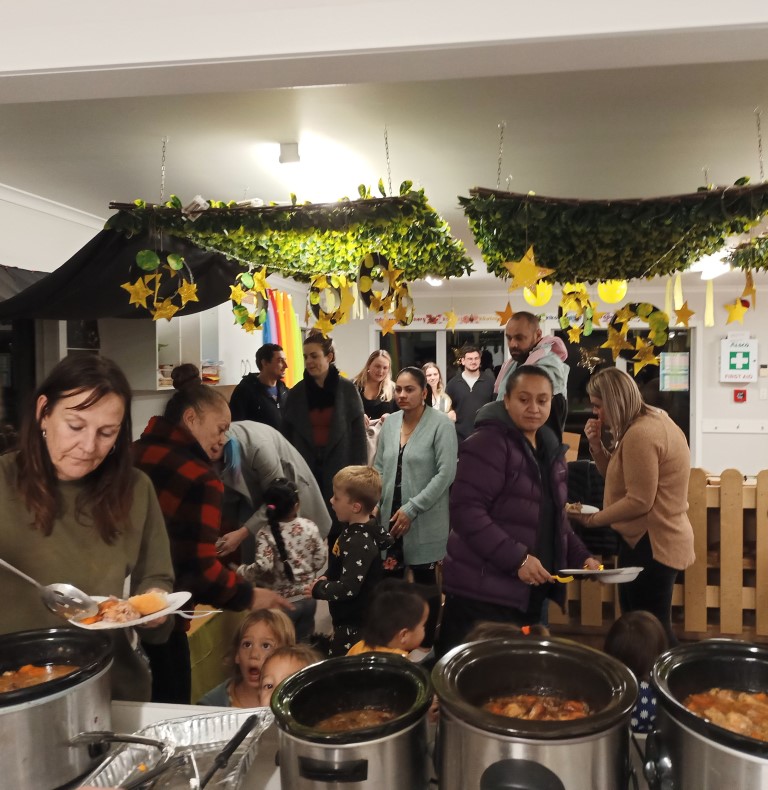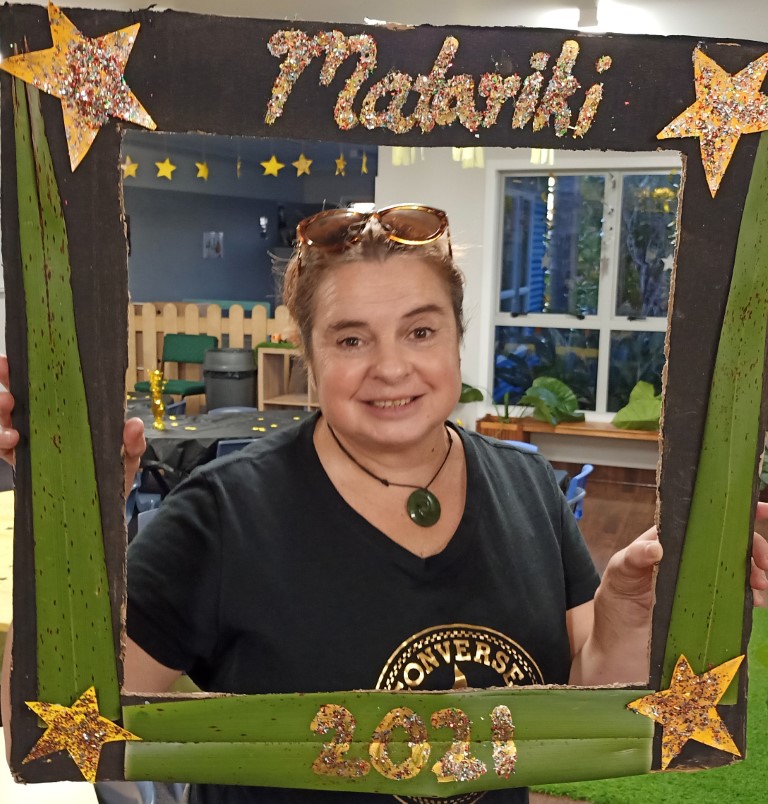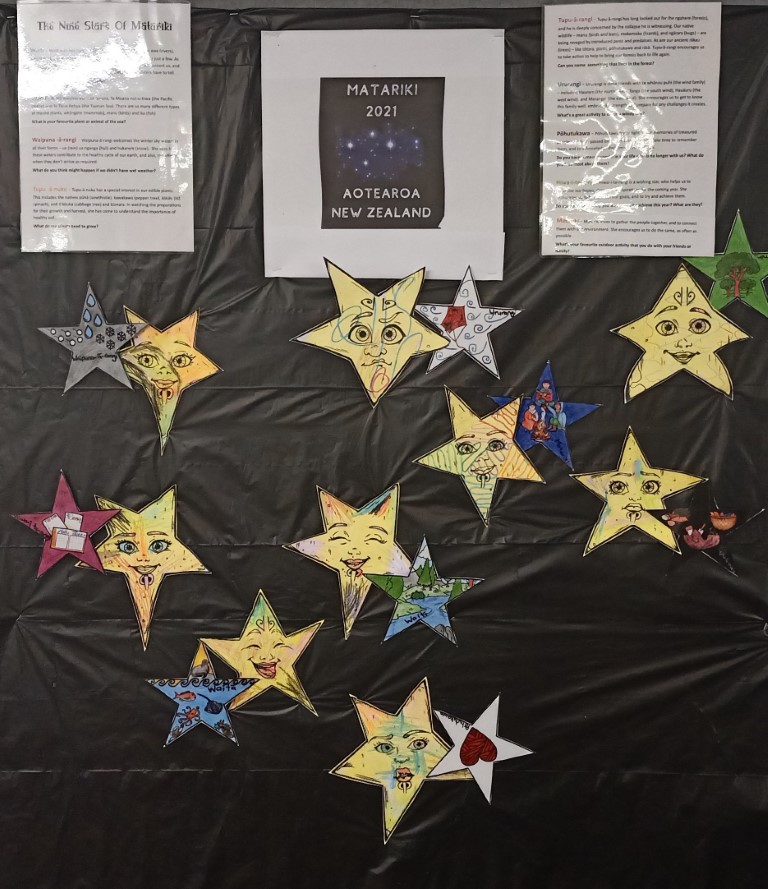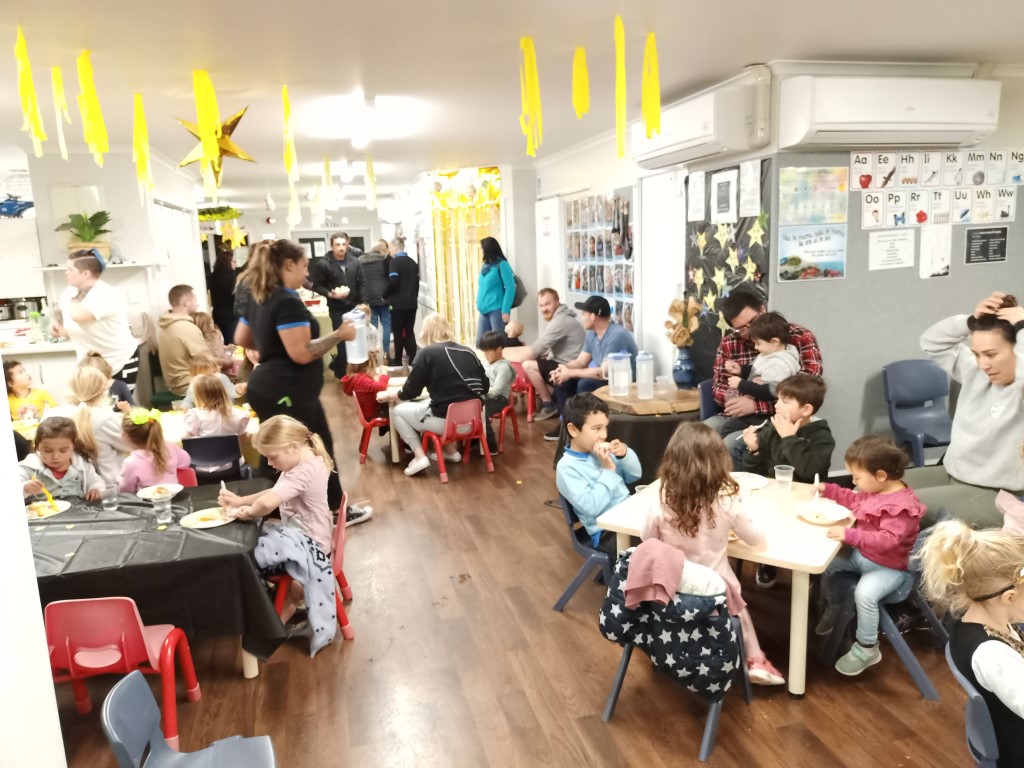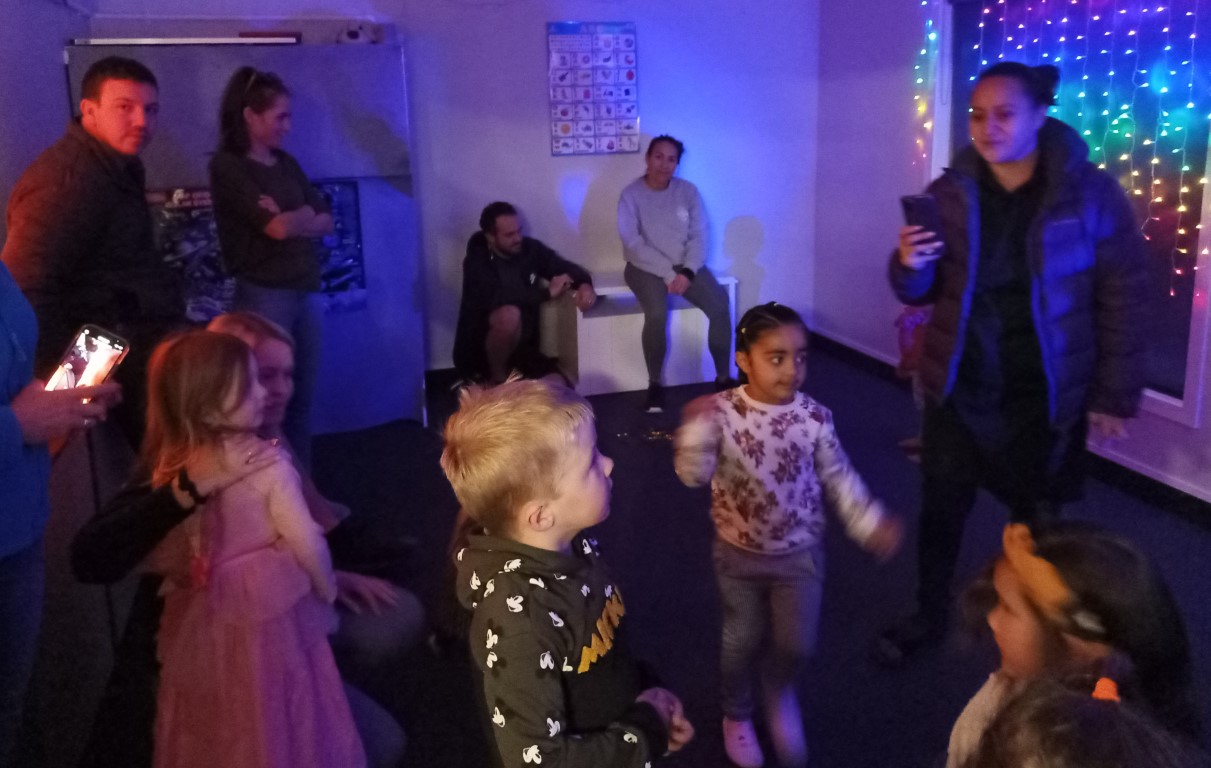LATEST STORIES
A Parton Road Matariki
Twinkling in the winter sky just before dawn, Matariki (the Pleiades) signals the Māori New Year. For Māori, the appearance of Matariki heralds a time of remembrance, joy and peace. It is a time for communities to come together, share kai and celebrate which is what we did at BestStart Parton Rd.
Preparation for our Matariki celebration started in the morning and continued throughout the day with food preparation and cooking for a shared evening meal. When our tamarki had left the centre for the day then it was time to decorate our room ready for the night’s festivities.
At 5.30pm our whanau began arriving back to the centre and the celebrations began with a disco to start off our night. This was a great hit with both the children and their whanau, and some great dance moves were happening on the dance floor.
At 6pm it was time for kai. Following a karakia spoken by one of our parents in Te Reo Maori, everyone helped themselves to some delicious and wonderful food which included chicken, pork, roast vegetables, cauliflower and broccoli with a white cheese sauce, mashed potatoes, bread rolls and Maori bread.
A great evening was had by all and it was a wonderful way for us to all join together and celebrate the Maori New Year and have some fun. It was also a wonderful opportunity for us as a community to build and strengthen our relationships with each other – promoting and building both Whanaungatana and Manakitanga. The focus of Whanaungatanga is on togetherness and relationships to enhance a sense of belonging while Manakitanga means to extend aroha (love and compassion) to others. Manakitanga secures the strength of our whānau (families) and communities.


